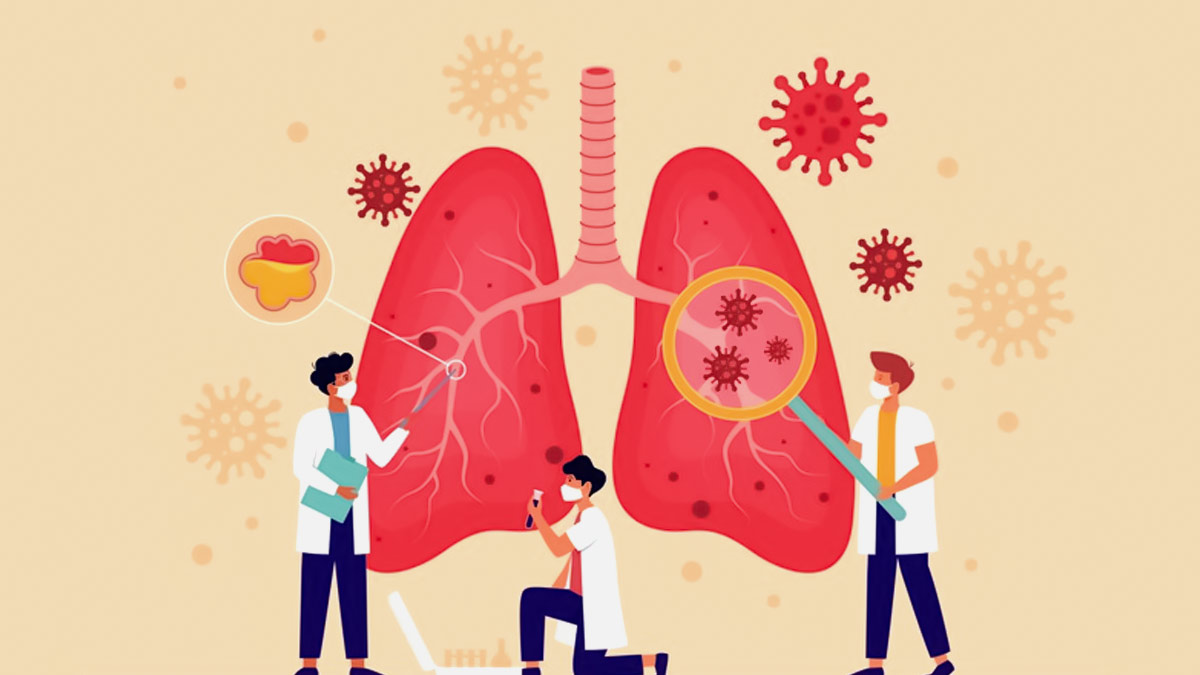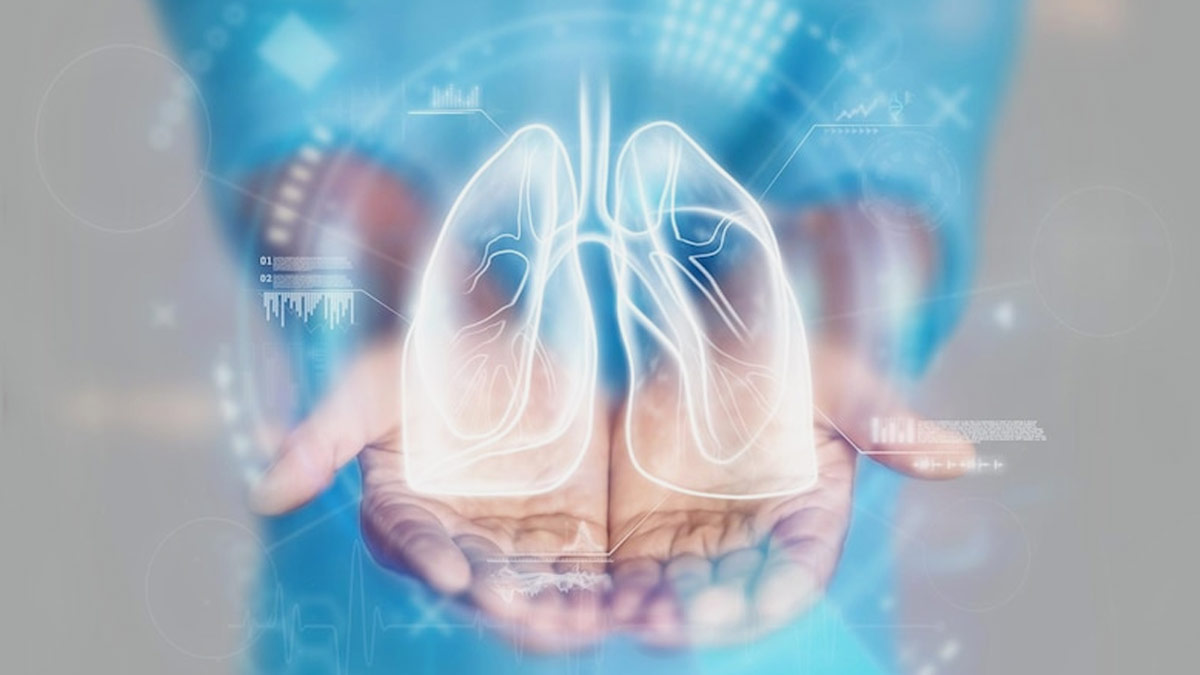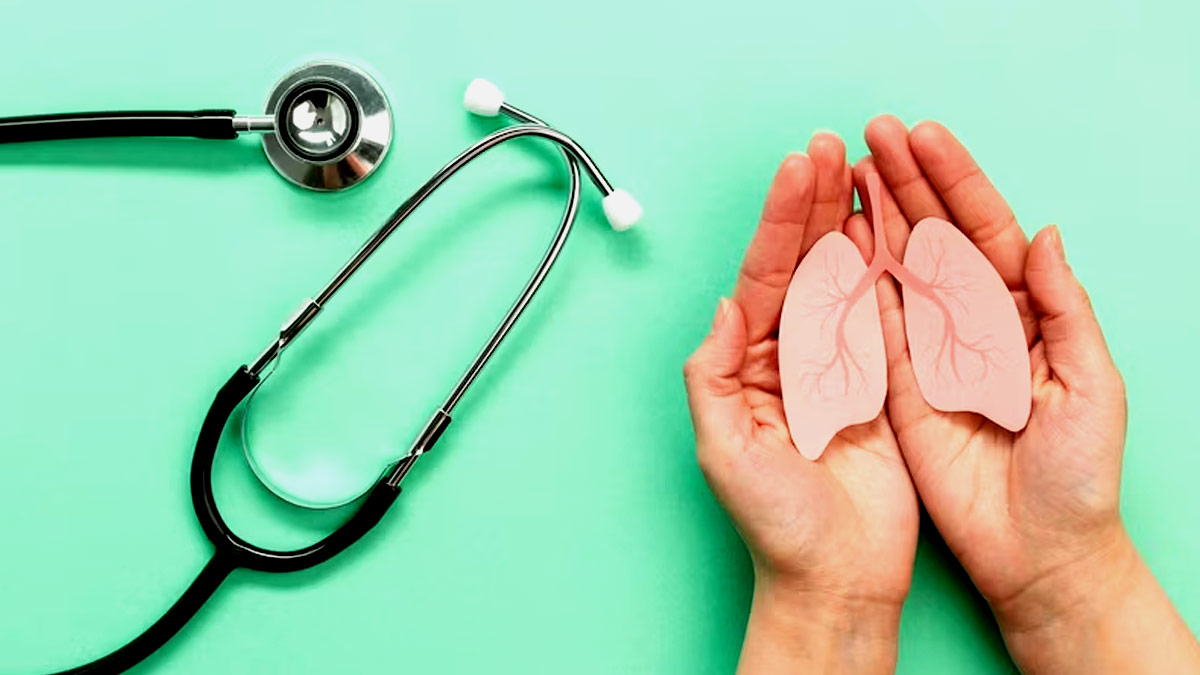
Maintaining our lung health is important because healthy lungs are essential for proper breathing, which is vital for sustaining life. Healthy lungs can reduce the risk of respiratory diseases, improve overall physical endurance, and support a more active and fulfilling lifestyle. But how do you know if your lungs are really healthy? Dr Kunjal Patel, Molecular Oncopathologist, Neuberg Centre for Genomic Centre, suggests taking necessary tests and understanding the risk factors to empower individuals to take proactive measures to protect their lungs.
Lung Disease Prevalence

 Problems associated with the lungs are highly prevalent, with pneumonia, asthma, COPD, lung cancer, and tuberculosis as the five most important lung diseases worldwide, as per the Forum of International Respiratory Societies (FIRS).
Problems associated with the lungs are highly prevalent, with pneumonia, asthma, COPD, lung cancer, and tuberculosis as the five most important lung diseases worldwide, as per the Forum of International Respiratory Societies (FIRS).
According to the World Health Organization (WHO), Chronic Obstructive Pulmonary Disease (COPD) is the third leading cause of death worldwide, causing over 30 lakh deaths in 2019.
Also Read: How Blood Clots Affect Your Leg: Symptoms To Watch Out For
The SARs-COV-2 virus, which gave light to the COVID-19 infection, also impacted lung health, leading to respiratory symptoms, such as cough, cold, shortness of breath and chest pain to name a few.
According to the American Lung Association, the lungs are the first body organ affected by COVID-19 infection.
"In the early days of an infection, the novel coronavirus rapidly invades cells in our respiratory system, attacking the epithelial cells lining the airways—that catch and clear out things like pollen and viruses—flooding your airways with debris and fluids," the US health body added.
Important Lung Health Tests

According to Patel, the first component of the essential test involves a comprehensive evaluation of lung function by PFT and DLCO. This typically includes spirometry, a common lung function test that measures how much air a person can inhale and exhale, as well as the rate at which they can expel air.
These measurements, such as forced expiratory volume in one second (FEV1) and forced vital capacity (FVC), provide valuable insights into the efficiency of lung ventilation and can help detect abnormalities or impaired lung function.
A DLCO (Diffusing Capacity of the Lungs for Carbon Monoxide ) test measures how well oxygen and carbon dioxide are moving between your lungs and your blood. It’s a type of pulmonary function test. It helps your healthcare provider understand how well your lungs are working. “Lung diffusion testing can be used to understand what’s causing certain symptoms such as shortness of breath, coughing or wheezing and assess lung damage,” explains Dr Patel.
Also Read: How Biting Your Nails Is Affecting Your Health: What You Can Do About It
Another essential aspect of the test is the assessment of lung health through imaging techniques. “High-resolution computed tomography (HRCT) scans are commonly used to provide detailed images of the lungs, helping to identify early signs of lung diseases like emphysema, fibrosis, and lung nodules. Detecting these abnormalities in their early stages can significantly improve treatment outcomes and enhance the chances of successful intervention,” the doctor adds.
In addition, tests like sputum analysis to evaluate the presence of inflammatory cells or infection can detect abnormal cells, which may indicate early-stage lung cancer or other chronic lung disorders.
Risk Factors To Note

Apart from the diagnostic tests, Dr Patel emphasises on the importance of incorporating patient history and risk assessment. “These remain the mainstay for evaluation of lung disease. Gathering information about a person's exposure to pollutants, and family history of lung diseases help in building a comprehensive understanding of their lung health risk factors. This data aids healthcare professionals in providing personalised advice and intervention strategies,” he explains.
Bottomline
Lastly, for individuals at higher risk due to smoking, occupational exposures, or pre-existing lung conditions, regular lung evaluation is key. “Early detection through these tests can lead to timely interventions and improved lung health outcomes. Remember, taking care of your lungs is a crucial step towards a healthier life,” the doctor concludes.







